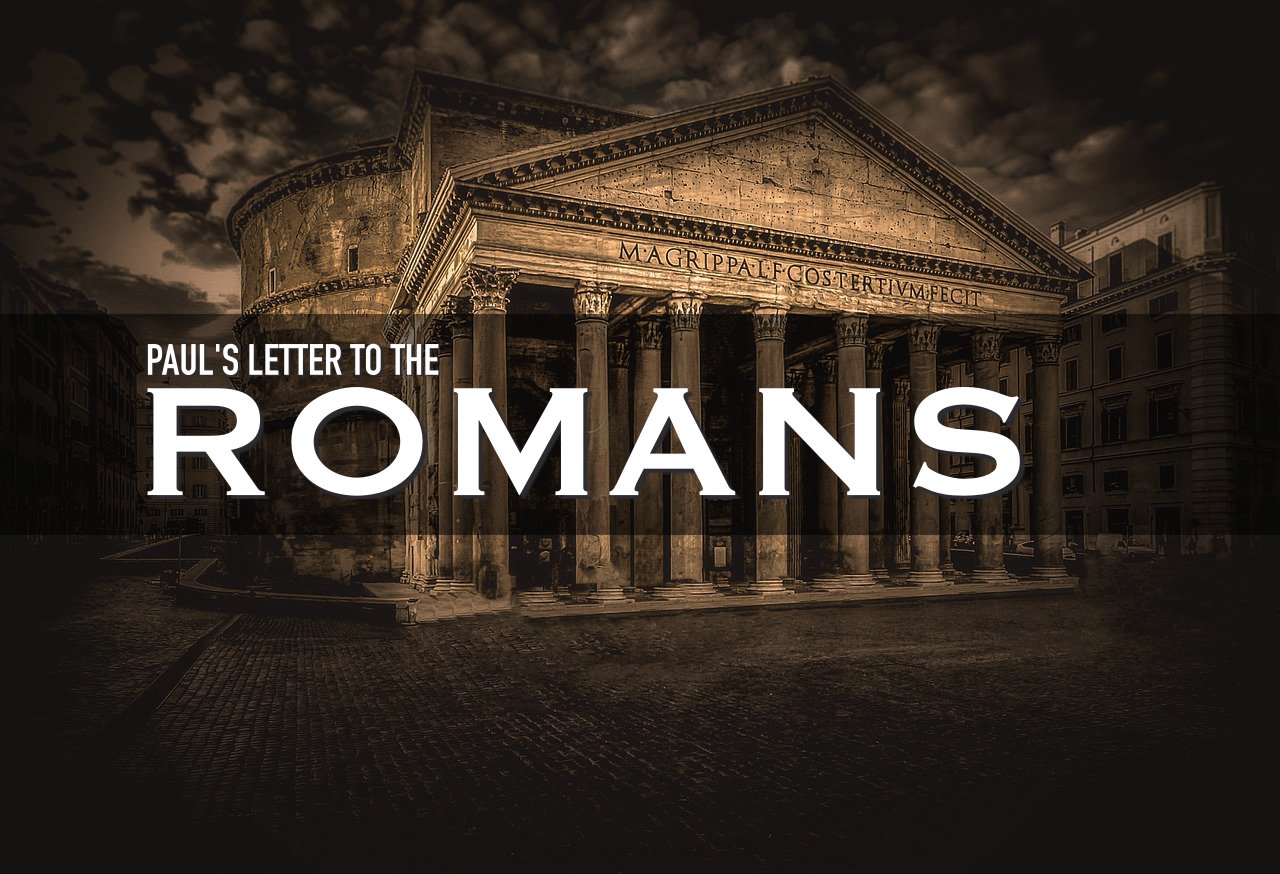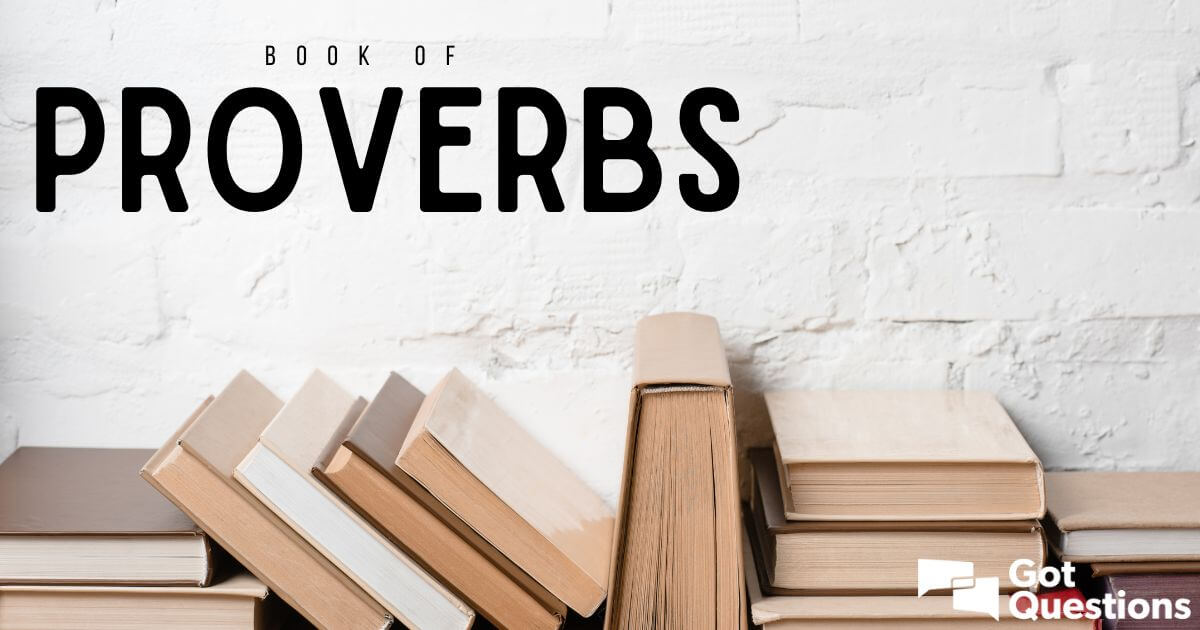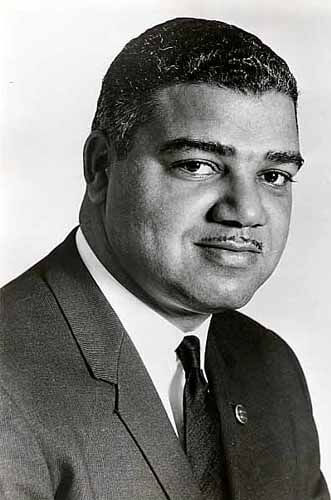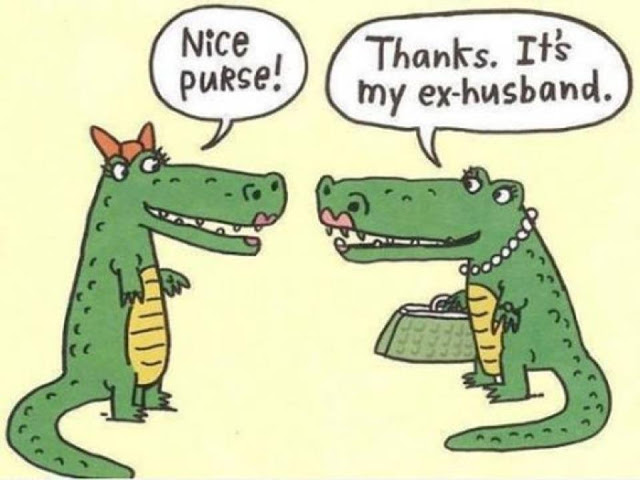Let's read the Bible together in the next year. Today our passages are 2 Chronicles 29:1-36; Romans 14:1-23; Psalm 24:1-10; and Proverbs 20:12. The readings are the Contemporary English Version.
2 Chronicles 29:1-36 (Contemporary English Version)
2 Chronicles 29
King Hezekiah of Judah
(2 Kings 18.1-3)
1Hezekiah was twenty-five years old when he became king of Judah, and he ruled twenty-nine years from Jerusalem. His mother was Abijah daughter of Zechariah. 2Hezekiah obeyed the LORD by doing right, just as his ancestor David had done.
The Temple Is Purified
3In the first month [a] of the first year of Hezekiah's rule, he unlocked the doors to the LORD's temple and had them repaired. [b] 4Then he called the priests and Levites to the east courtyard of the temple
5and said: It's time to purify the temple of the LORD God of our ancestors. You Levites must first go through the ceremony to make yourselves clean, then go into the temple and bring out everything that is unclean and unacceptable to the LORD.
6Some of our ancestors were unfaithful and disobeyed the LORD our God. Not only did they turn their backs on the LORD, but they also completely ignored his temple.
7They locked the doors, then let the lamps go out and stopped burning incense and offering sacrifices to him.
8The LORD became terribly angry at the people of Judah and Jerusalem, and everyone was shocked and horrified at what he did to punish them. Not only were
9our ancestors killed in battle, but our own children and wives were taken captive.
10So I have decided to renew our agreement with the LORD God of Israel. Maybe then he will stop being so angry at us.
11Let's not waste any time, my friends. You are the ones who were chosen to be the LORD's priests and to offer him sacrifices.
12-14When Hezekiah finished talking, the following Levite leaders went to work:
Mahath son of Amasai and Joel son of Azariah from the Kohath clan; Kish son of Abdi and Azariah son of Jehallelel from the Merari clan; Joah son of Zimmah and Eden son of Joah from the Gershon clan; Shimri and Jeuel from the Elizaphan clan; Zechariah and Mattaniah from the Asaph clan; Jehuel and Shimei from the Heman clan; Shemaiah and Uzziel from the Jeduthun clan.
15These leaders gathered together the rest of the Levites, and they all went through the ceremony to make themselves clean. Then they began to purify the temple according to the Law of the LORD, just as Hezekiah had commanded.
16The priests went into the temple and carried out everything that was unclean. They put these things in the courtyard, and from there, the Levites carried them outside the city to Kidron Valley.
17The priests and Levites began their work on the first day of the first month. [c] It took them one week to purify the courtyards of the temple and another week to purify the temple. So on the sixteenth day of that same month
18they went back to Hezekiah and said: Your Majesty, we have finished our work. The entire temple is now pure again, and so is the altar and its utensils, as well as the table for the sacred loaves of bread and its utensils.
19And we have brought back all the things that King Ahaz took from the temple during the time he was unfaithful to God. We purified them and put them back in front of the altar.
5and said: It's time to purify the temple of the LORD God of our ancestors. You Levites must first go through the ceremony to make yourselves clean, then go into the temple and bring out everything that is unclean and unacceptable to the LORD.
6Some of our ancestors were unfaithful and disobeyed the LORD our God. Not only did they turn their backs on the LORD, but they also completely ignored his temple.
7They locked the doors, then let the lamps go out and stopped burning incense and offering sacrifices to him.
8The LORD became terribly angry at the people of Judah and Jerusalem, and everyone was shocked and horrified at what he did to punish them. Not only were
9our ancestors killed in battle, but our own children and wives were taken captive.
10So I have decided to renew our agreement with the LORD God of Israel. Maybe then he will stop being so angry at us.
11Let's not waste any time, my friends. You are the ones who were chosen to be the LORD's priests and to offer him sacrifices.
12-14When Hezekiah finished talking, the following Levite leaders went to work:
Mahath son of Amasai and Joel son of Azariah from the Kohath clan; Kish son of Abdi and Azariah son of Jehallelel from the Merari clan; Joah son of Zimmah and Eden son of Joah from the Gershon clan; Shimri and Jeuel from the Elizaphan clan; Zechariah and Mattaniah from the Asaph clan; Jehuel and Shimei from the Heman clan; Shemaiah and Uzziel from the Jeduthun clan.
15These leaders gathered together the rest of the Levites, and they all went through the ceremony to make themselves clean. Then they began to purify the temple according to the Law of the LORD, just as Hezekiah had commanded.
16The priests went into the temple and carried out everything that was unclean. They put these things in the courtyard, and from there, the Levites carried them outside the city to Kidron Valley.
17The priests and Levites began their work on the first day of the first month. [c] It took them one week to purify the courtyards of the temple and another week to purify the temple. So on the sixteenth day of that same month
18they went back to Hezekiah and said: Your Majesty, we have finished our work. The entire temple is now pure again, and so is the altar and its utensils, as well as the table for the sacred loaves of bread and its utensils.
19And we have brought back all the things that King Ahaz took from the temple during the time he was unfaithful to God. We purified them and put them back in front of the altar.
Worship in the Temple
20Right away, Hezekiah called together the officials of Jerusalem, and they went to the temple. 21They brought with them seven bulls, seven rams, seven lambs, and seven goats [d] as sacrifices to take away the sins of Hezekiah's family and of the people of Judah, as well as to purify the temple. Hezekiah told the priests, who were descendants of Aaron, to sacrifice these animals on the altar.
22The priests killed the bulls, the rams, and the lambs, then splattered the blood on the altar.
23They took the goats to Hezekiah and the worshipers, and they laid their hands on the animals.
24The priests then killed the goats and splattered the blood on the altar as a sacrifice to take away the sins of everyone in Israel, because Hezekiah had commanded that these sacrifices be made for all the people of Israel.
25Next, Hezekiah assigned the Levites to their places in the temple. He gave them cymbals, harps, and other stringed instruments, according to the instructions that the LORD had given King David and the two prophets, Gad and Nathan.
26The Levites were ready to play the instruments that had belonged to David; the priests were ready to blow the trumpets.
27As soon as Hezekiah gave the signal for the sacrifices to be burned on the altar, the musicians began singing praises to the LORD and playing their instruments,
28and everyone worshiped the LORD. This continued until the last animal was sacrificed.
29After that, Hezekiah and the crowd of worshipers knelt down and worshiped the LORD.
30Then Hezekiah and his officials ordered the Levites to sing the songs of praise that David and Asaph the prophet had written. And so they bowed down and joyfully sang praises to the LORD.
31Hezekiah said to the crowd, "Now that you are once again acceptable to the LORD, bring sacrifices and offerings to give him thanks."
The people did this, and some of them voluntarily brought animals to be offered as sacrifices.
32Seventy bulls, one hundred rams, and two hundred lambs were brought as sacrifices to please the LORD; [e]
33six hundred bulls and three thousand sheep were brought as sacrifices to ask the LORD's blessing. [f]
34There were not enough priests to skin all these animals, because many of the priests had not taken the time to go through the ceremony to make themselves clean. However, since all the Levites had made themselves clean, they helped the priests until the last animal was skinned.
35Besides all the sacrifices that were burned on the altar, the fat from the other animal sacrifices was burned, and the offerings of wine were poured over the altar. So the temple was once again used for worshiping the LORD.
36Hezekiah and the people of Judah celebrated, because God had helped them make this happen so quickly.
Footnotes:- 2 Chronicles 29:3 first month: Abib (also called Nisan), the first month of the Hebrew calendar, from about mid-March to mid-April.
- 2 Chronicles 29:3 he unlocked the doors. . . repaired: King Ahaz had locked the doors and stopped everyone from worshiping the LORD (see 28.24,25).
- 2 Chronicles 29:17 first month: See the note at 29.3.
- 2 Chronicles 29:21 goats: Hebrew "male goats."
- 2 Chronicles 29:32 sacrifices to please the LORD: See the note at 1.6.
- 2 Chronicles 29:33 sacrifices to ask the LORD's blessing: These sacrifices have traditionally been called "peace offerings" or "offerings of well-being." A main purpose was to ask for the LORD's blessing, and so in the CEV they are sometimes called "sacrifices to ask the LORD's blessing."
22The priests killed the bulls, the rams, and the lambs, then splattered the blood on the altar.
23They took the goats to Hezekiah and the worshipers, and they laid their hands on the animals.
24The priests then killed the goats and splattered the blood on the altar as a sacrifice to take away the sins of everyone in Israel, because Hezekiah had commanded that these sacrifices be made for all the people of Israel.
25Next, Hezekiah assigned the Levites to their places in the temple. He gave them cymbals, harps, and other stringed instruments, according to the instructions that the LORD had given King David and the two prophets, Gad and Nathan.
26The Levites were ready to play the instruments that had belonged to David; the priests were ready to blow the trumpets.
27As soon as Hezekiah gave the signal for the sacrifices to be burned on the altar, the musicians began singing praises to the LORD and playing their instruments,
28and everyone worshiped the LORD. This continued until the last animal was sacrificed.
29After that, Hezekiah and the crowd of worshipers knelt down and worshiped the LORD.
30Then Hezekiah and his officials ordered the Levites to sing the songs of praise that David and Asaph the prophet had written. And so they bowed down and joyfully sang praises to the LORD.
31Hezekiah said to the crowd, "Now that you are once again acceptable to the LORD, bring sacrifices and offerings to give him thanks."
The people did this, and some of them voluntarily brought animals to be offered as sacrifices.
32Seventy bulls, one hundred rams, and two hundred lambs were brought as sacrifices to please the LORD; [e]
33six hundred bulls and three thousand sheep were brought as sacrifices to ask the LORD's blessing. [f]
34There were not enough priests to skin all these animals, because many of the priests had not taken the time to go through the ceremony to make themselves clean. However, since all the Levites had made themselves clean, they helped the priests until the last animal was skinned.
35Besides all the sacrifices that were burned on the altar, the fat from the other animal sacrifices was burned, and the offerings of wine were poured over the altar. So the temple was once again used for worshiping the LORD.
36Hezekiah and the people of Judah celebrated, because God had helped them make this happen so quickly.
Footnotes:
- 2 Chronicles 29:3 first month: Abib (also called Nisan), the first month of the Hebrew calendar, from about mid-March to mid-April.
- 2 Chronicles 29:3 he unlocked the doors. . . repaired: King Ahaz had locked the doors and stopped everyone from worshiping the LORD (see 28.24,25).
- 2 Chronicles 29:17 first month: See the note at 29.3.
- 2 Chronicles 29:21 goats: Hebrew "male goats."
- 2 Chronicles 29:32 sacrifices to please the LORD: See the note at 1.6.
- 2 Chronicles 29:33 sacrifices to ask the LORD's blessing: These sacrifices have traditionally been called "peace offerings" or "offerings of well-being." A main purpose was to ask for the LORD's blessing, and so in the CEV they are sometimes called "sacrifices to ask the LORD's blessing."
Romans 14:1-23 (Contemporary English Version)
Romans 14
Don't Criticize Others
1Welcome all the Lord's followers, even those whose faith is weak. Don't criticize them for having beliefs that are different from yours. 2Some think it is all right to eat anything, while those whose faith is weak will eat only vegetables. 3But you should not criticize others for eating or for not eating. After all, God welcomes everyone. 4What right do you have to criticize someone else's servants? Only their Lord can decide if they are doing right, and the Lord will make sure that they do right. 5Some of the Lord's followers think one day is more important than another. Others think all days are the same. But each of you should make up your own mind. 6Any followers who count one day more important than another day do it to honor their Lord. And any followers who eat meat give thanks to God, just like the ones who don't eat meat.
7Whether we live or die, it must be for God, rather than for ourselves. 8Whether we live or die, it must be for the Lord. Alive or dead, we still belong to the Lord. 9This is because Christ died and rose to life, so that he would be the Lord of the dead and of the living. 10Why do you criticize other followers of the Lord? Why do you look down on them? The day is coming when God will judge all of us. 11In the Scriptures God says,
"I swear by my very life
that everyone will kneel down
and praise my name!"
12And so, each of us must give an account to God for what we do.
7Whether we live or die, it must be for God, rather than for ourselves. 8Whether we live or die, it must be for the Lord. Alive or dead, we still belong to the Lord. 9This is because Christ died and rose to life, so that he would be the Lord of the dead and of the living. 10Why do you criticize other followers of the Lord? Why do you look down on them? The day is coming when God will judge all of us. 11In the Scriptures God says,
"I swear by my very life
that everyone will kneel down
and praise my name!"
12And so, each of us must give an account to God for what we do.
Don't Cause Problems for Others
13We must stop judging others. We must also make up our minds not to upset anyone's faith. 14The Lord Jesus has made it clear to me that God considers all foods fit to eat. But if you think some foods are unfit to eat, then for you they are not fit. 15If you are hurting others by the foods you eat, you are not guided by love. Don't let your appetite destroy someone Christ died for. 16Don't let your right to eat bring shame to Christ. 17God's kingdom isn't about eating and drinking. It is about pleasing God, about living in peace, and about true happiness. All this comes from the Holy Spirit. 18If you serve Christ in this way, you will please God and be respected by people. 19We should try [a] to live at peace and help each other have a strong faith. 20Don't let your appetite destroy what God has done. All foods are fit to eat, but it is wrong to cause problems for others by what you eat. 21It is best not to eat meat or drink wine or do anything else that causes problems for other followers of the Lord. 22What you believe about these things should be kept between you and God. You are fortunate, if your actions don't make you have doubts. 23But if you do have doubts about what you eat, you are going against your beliefs. And you know that is wrong, because anything you do against your beliefs is sin.
Footnotes:- Romans 14:19 We should try: Some manuscripts have " We try."
Footnotes:
- Romans 14:19 We should try: Some manuscripts have " We try."
Psalm 24:1-10 (Contemporary English Version)
Psalm 24
(A psalm by David.)
Who Can Enter the LORD's Temple?
1The earth and everything on it belong to the LORD.
The world and its people
belong to him.
2The LORD placed it all
on the oceans and rivers.
3Who may climb the LORD's hill [a] or stand in his holy temple?
4Only those who do right
for the right reasons,
and don't worship idols
or tell lies under oath.
5The LORD God, who saves them,
will bless and reward them,
6because they worship and serve
the God of Jacob. [b] 7Open the ancient gates,
so that the glorious king
may come in.
8Who is this glorious king?
He is our LORD, a strong
and mighty warrior.
9Open the ancient gates,
so that the glorious king
may come in.
10Who is this glorious king?
He is our LORD,
the All-Powerful!
Footnotes:- Psalm 24:3 the LORD's hill: The hill in Jerusalem where the temple was built.
- Psalm 24:6 worship. . . Jacob: Two ancient translations; Hebrew " worship God and serve the descendants of Jacob."
The world and its people
belong to him.
2The LORD placed it all
on the oceans and rivers.
3Who may climb the LORD's hill [a] or stand in his holy temple?
4Only those who do right
for the right reasons,
and don't worship idols
or tell lies under oath.
5The LORD God, who saves them,
will bless and reward them,
6because they worship and serve
the God of Jacob. [b] 7Open the ancient gates,
so that the glorious king
may come in.
8Who is this glorious king?
He is our LORD, a strong
and mighty warrior.
9Open the ancient gates,
so that the glorious king
may come in.
10Who is this glorious king?
He is our LORD,
the All-Powerful!
Footnotes:
- Psalm 24:3 the LORD's hill: The hill in Jerusalem where the temple was built.
- Psalm 24:6 worship. . . Jacob: Two ancient translations; Hebrew " worship God and serve the descendants of Jacob."
12Hearing and seeing are gifts from the LORD.
12Hearing and seeing
are gifts from the LORD.
Thought for the Day “Yet some people accepted him and put their faith in him. So he gave them the right to be the children of God. They were not God's children by nature or because of any human desires. God himself was the one who made them his children.” (John 1:12-13 - Contemporary English Version) Fundamentally, our relationship with God is not grounded in who we are or what we do. Nor is it grounded in the words we say or the promises we make. We are God's children because of God, not us.
Thought for the Day
“Yet some people accepted him and put their faith in him. So he gave them the right to be the children of God. They were not God's children by nature or because of any human desires. God himself was the one who made them his children.” (John 1:12-13 - Contemporary English Version) Fundamentally, our relationship with God is not grounded in who we are or what we do. Nor is it grounded in the words we say or the promises we make. We are God's children because of God, not us.
American civil rights leader, Whitney M. Young, Jr. wrote, "The hardest work in the world is being out of work."
While sports fishing off the Florida coast, a tourist capsized his boat. He could swim, but his fear of alligators kept him clinging to the overturned craft.
Spotting an old beachcomber standing on the shore, the tourist shouted, "are there any gators around here?!"
"Naw," the man hollered back, "Ain't been any for years!"
Feeling safe, the tourist started swimming toward the shore. About halfway there he asked the guy, "How'd you get rid of the gators?"
"We didn't do nothin'," the beachcomber said. "The sharks got 'em."
American civil rights leader, Whitney M. Young, Jr. wrote, "The hardest work in the world is being out of work."
While sports fishing off the Florida coast, a tourist capsized his boat. He could swim, but his fear of alligators kept him clinging to the overturned craft.
Spotting an old beachcomber standing on the shore, the tourist shouted, "are there any gators around here?!"
"Naw," the man hollered back, "Ain't been any for years!"
Feeling safe, the tourist started swimming toward the shore. About halfway there he asked the guy, "How'd you get rid of the gators?"
"We didn't do nothin'," the beachcomber said. "The sharks got 'em."










